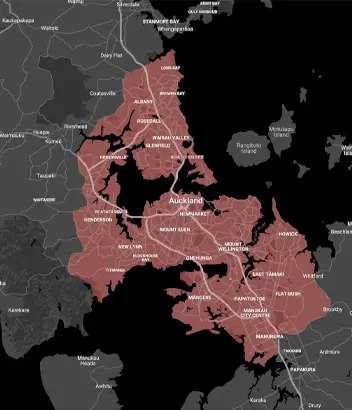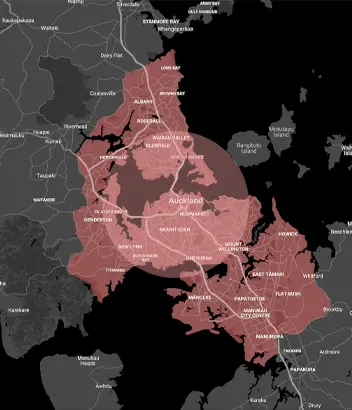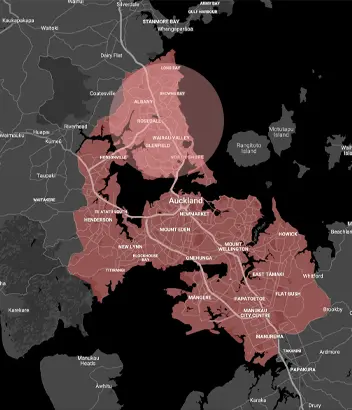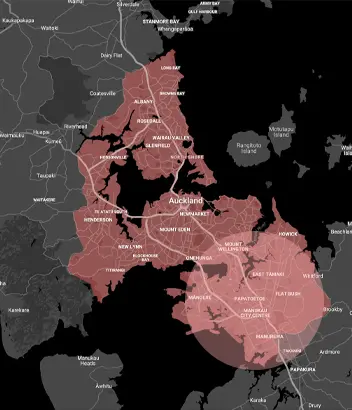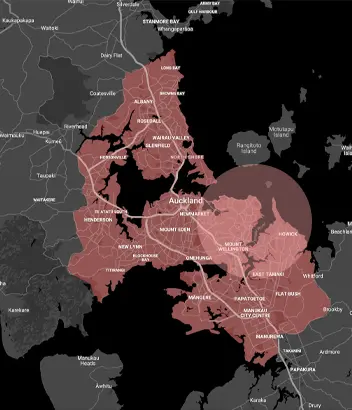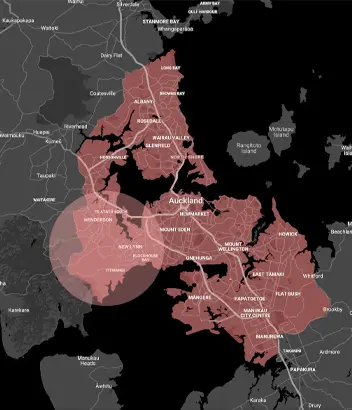


Electricians are always in demand across New Zealand. From new builds to renovations, businesses and households need licensed professionals to install, maintain, and repair electrical wiring and equipment safely. If you’ve ever asked yourself how do you become an electrician, this guide will walk you through the steps.
Becoming an electrician isn’t just about learning a trade. It’s about gaining the right skills and knowledge, following safety standards, and meeting registration requirements. Below we’ll explore what you need, the qualifications available, and how to turn your interest into a long-term career.

What Does an Electrician Do?
Before looking at training, it helps to understand the job itself. Electricians in New Zealand work across residential, commercial, and industrial projects. They:
- Install electrical wiring and equipment in homes, offices, factories, and infrastructure.
- Maintain and repair systems to keep properties safe and operational.
- Handle both low and high voltage electricity supply depending on their field.
- Provide compliance certificates and follow strict regulations set by the Electrical Workers Registration Board (EWRB).
So, if you’ve wondered what I need to be an electrician, the answer is more than tools: it’s technical knowledge, compliance awareness, and hands-on training.
Education & Entry Requirements
For most people, the first step is to complete NCEA Level 2 or Level 3 with a focus on maths, science, or technology. These subjects provide the foundation for electrical theory and practice.
Some training providers also offer a Certificate in Electrical Pre-Trade or a Certificate in Electrical Engineering (Trade Level). These courses give you an introduction to electrical theory and practice, health and safety, and basic wiring tasks. Completing a pre-trade qualification can make it easier to secure an apprenticeship because it shows employers you have relevant experience and motivation.
Please note: while a pre-trade course is not compulsory, it’s highly recommended if you’re looking to stand out in a competitive field.
The Apprenticeship Pathway
When it comes to how to be an electrician, the standard route is through electrical apprenticeships. An apprenticeship usually lasts three to four years and combines study with paid, on-the-job training.
During your apprenticeship, you’ll:
- Work full time with a licensed electrician or company.
- Study modules at a training provider, which may be part time to fit around work.
- Gain practical skills to install, maintain, and repair a variety of systems.
- Develop the skills and knowledge needed to complete jobs safely and efficiently.
This stage is crucial, as it blends theory and practice. You’ll learn the science behind electricity while building confidence in real-world situations.
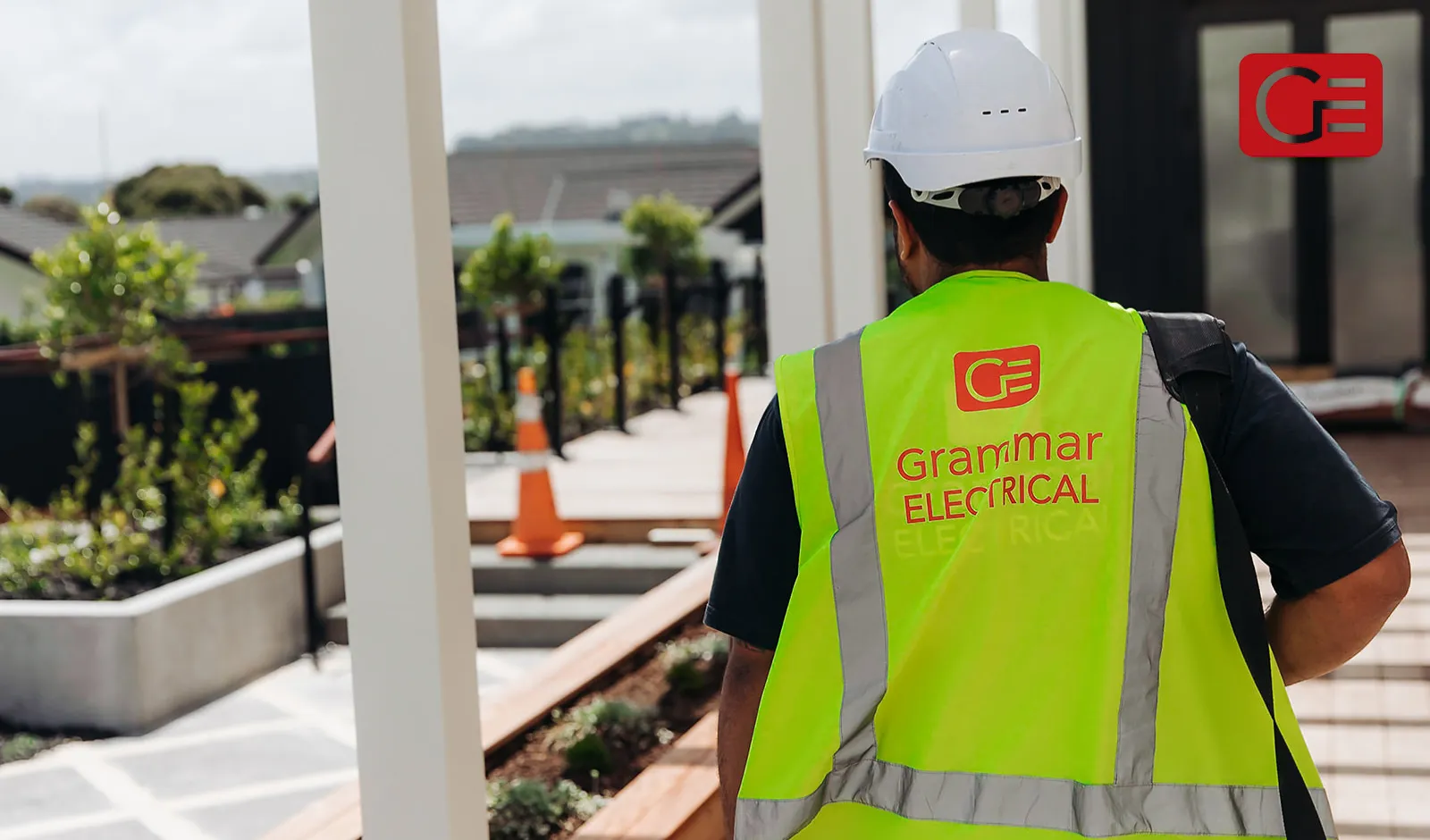
Start Your Electrical Career with Grammar Electrical Apprenticeships
At Grammar Electrical Careers, we make this pathway more accessible by offering structured apprenticeships, a supportive learning environment, and mentoring from highly experienced electricians. With one of the best apprentice-to-electrician ratios in the industry, we ensure every trainee gets the guidance they need to succeed.
All of our electricians meet the necessary qualifications, practising licences, and safety standards set by the Electrical Workers Registration Board, so you’ll always be learning from professionals who know the trade inside out. By starting your apprenticeship with Grammar Electrical, you’re not just training for today, you’re building a long-term career in a trade that’s always in demand.
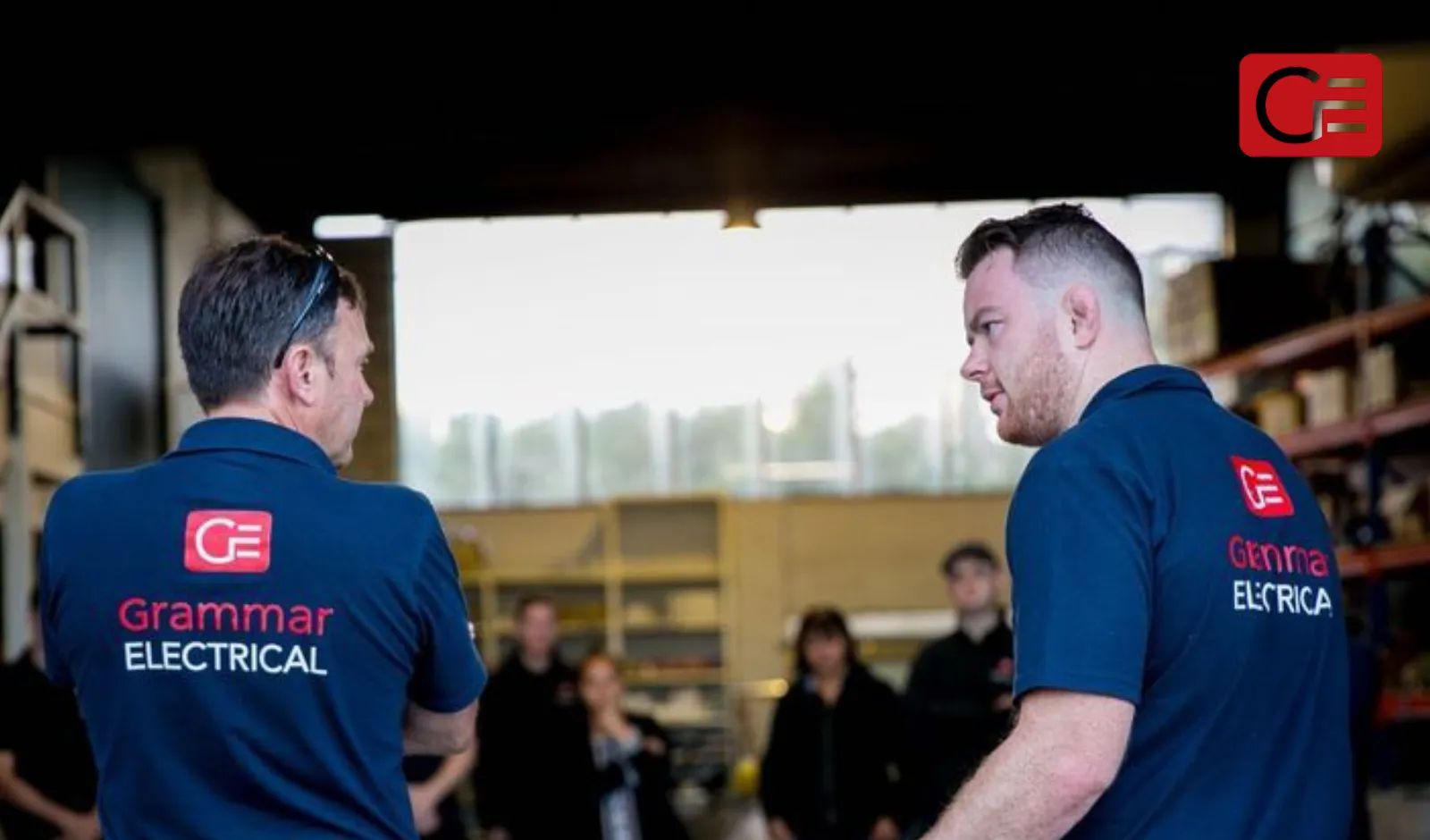
Registration & Licensing in New Zealand
Finishing your apprenticeship is a big step, but you’re not yet fully qualified. To legally carry out general electrical work, you must register with the Electrical Workers Registration Board (EWRB).
To apply, you’ll need:
- Proof of your apprenticeship and training.
- Evidence of relevant experience under supervision.
- To pass EWRB exams covering regulations, safety, and technical knowledge.
Once approved, you’ll receive a practising licence. This licence must be renewed regularly and ensures you remain up to date with New Zealand’s standards.
Certificates You’ll Need Along the Way
Throughout your career, paperwork is just as important as tools. Electricians provide certificates to confirm their work is safe and compliant.
- Certificate of Compliance (CoC): required for new installations or major alterations.
- Electrical Safety Certificate (ESC): confirms that an installation has been tested and is safe to use.
From training onwards, understanding how to document your work is a key part of being a professional.
Career Growth & Specialisations
Once you’re registered, your career options expand, with many different types of electricians to specialise in:
- Residential work: installing lighting, switches, and general electrical systems in homes.
- Commercial projects: larger buildings, offices, and retail fit-outs.
- Industrial and high voltage: factories, plants, and electricity supply networks.
- Emerging fields: EV chargers, solar systems, and smart home automation.
Some electricians continue studying, building on their Zealand Certificate in Electrical or moving into inspection and design roles. With the right training and relevant experience, you can become a supervisor or even run your own business.
Conclusion
So, how to become an electrician in NZ? The pathway is clear: start with the right school subjects or a pre-trade course, complete a full-time apprenticeship, and register with the Electrical Workers Registration Board. Along the way, you’ll gain both the theory and practice needed to install, maintain, and repair electrical systems safely.
Becoming an electrician is a rewarding pathway that requires dedication, but the investment pays off. Once qualified, you’ll enjoy steady work, strong demand, and opportunities to specialise in areas such as solar, EV chargers, or high voltage electricity supply. With experience, you can move into supervisory roles or even run your own business.
In the end, this career offers stability, growth, and the satisfaction of providing an essential service that keeps New Zealand powered and safe.
Auckland’s Trusted Electricians
Fast, reliable electrical repairs, installations & upgrades - available 24/7.
Book Online & Save $15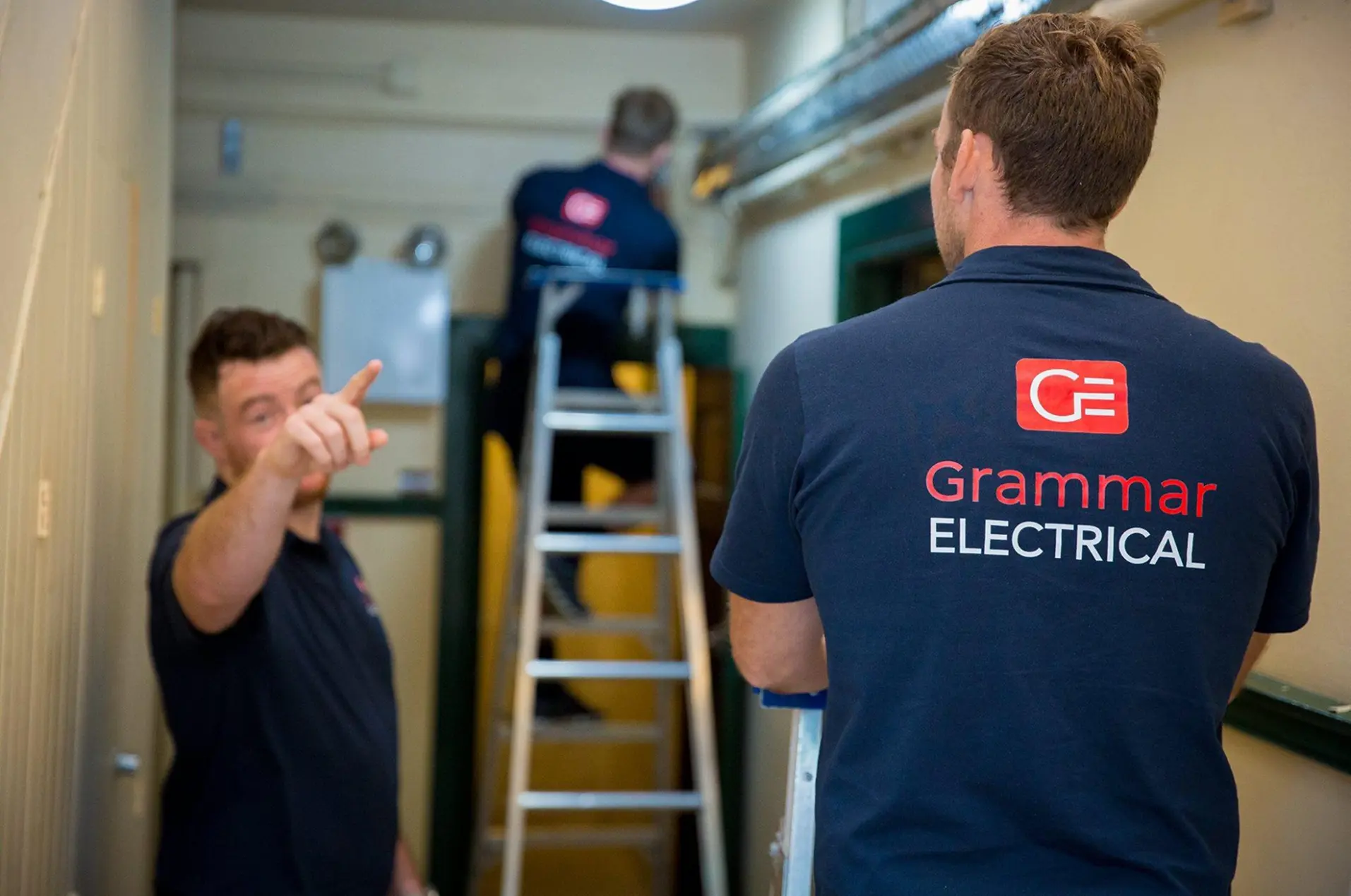
Got a question?
Contact us for a FREE installation quote or book your job online today.
Same Day Service Guarantee - Terms & Conditions

The "Same Day Service Guarantee or it's Free" applies to:
a. Residential work and Commercial only.
b. Jobs specified as needing same day service when booking a job by phone or online.
c. Residential and Commercial work booked with Grammar Electrical:
i) Before 11:00AM
ii) For calls or online bookings received after 11:00AM, the customer will be offered a job. Booking for the next business day and normal callout fees ($170+ GST) will apply.
iii) Any other jobs booked outside business hours (9:00AM - 5:00PM Monday- Friday) will incur after hours charges.
iv) This offer is excluded for jobs booked on New Zealand public holidays.
d. If Grammar Electrical are unable to attend on the same day (within 24 hours) for a job booked by the customer, the standard callout fee of $170 + GST will be waived and is free, but all other normal charges, fees and expenses will apply to perform the Electrical Services and to provide any products/materials concerning those services.
e. The Standard Callout Fee will be deducted from your bill as long as you pay within your invoice's due date. The callout charge is applicable if your invoice is overdue.
f. If Grammar Electrical are willing and able to perform the Service or provide the Goods on the same day the job is booked, however the Customer for whatever reason does not give access to their property on the day, Grammar Electrical will be deemed to have complied with it's "Same Day or it's Free" guarantee and shall be entitled to charge the customer the standard call-out fee.
g. This offer is not a guarantee of work being completed. The completion of the job will depend on stock availability and also the amount of work required.















